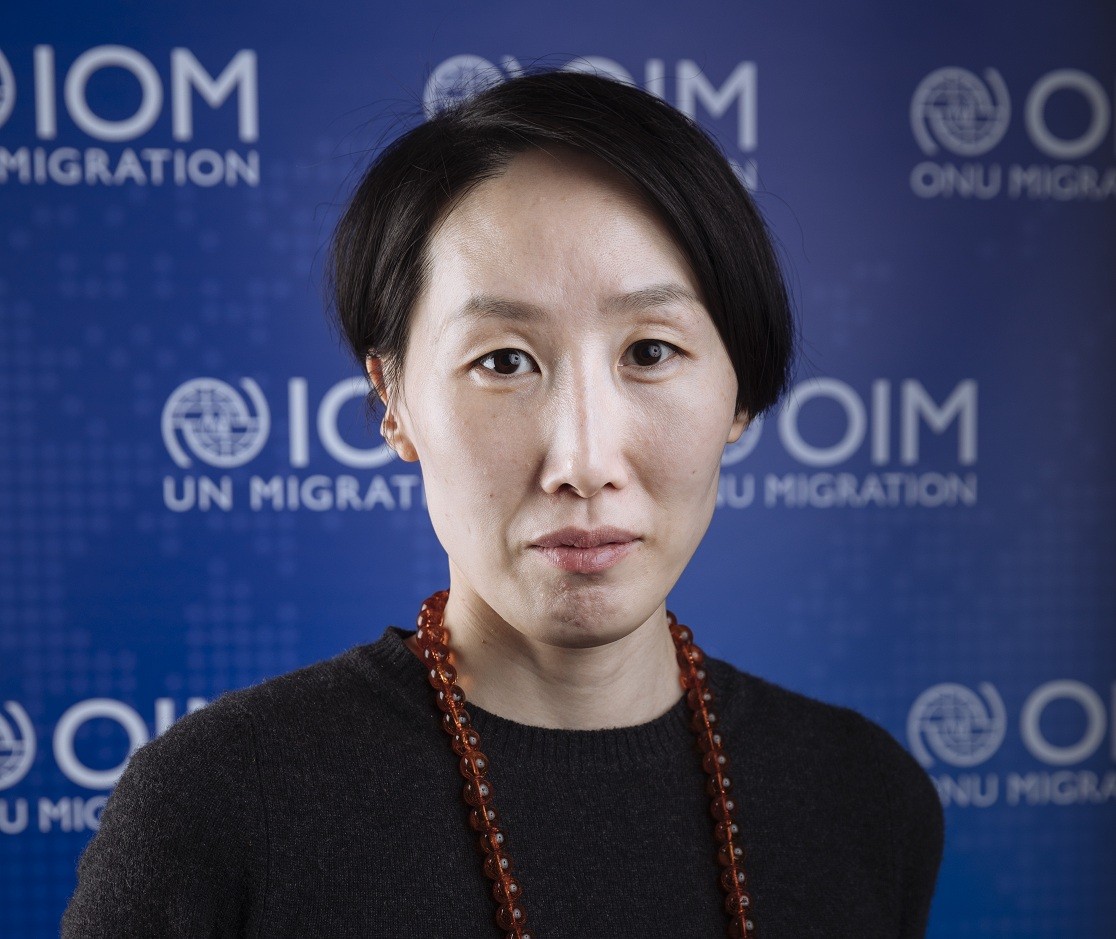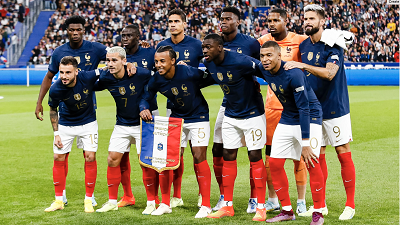
International Migrants Day: It’s time to tell a story of hope for migration
Latest
 |
| IOM’s Chief of Mission Park Mihyung. (Source: IOM) |
The past month has been exciting yet exhausting. The World Cup has kept many of us up till the very early mornings.
Watching the World Cup presented us with sorrow, frustration and outrage at times, but also incredible joy, sense of gratitude and unity, as well as an opportunity to be compassionate for each other.
My friends and I joke that we become patriots every four years, for the World Cup is one of very few occasions where we publicly express our strong identification with one’s own nation or region, and openly cheer for our victory over others’ loss. However, when the World Cup magic ends, we return to other normal selves wondering why we put so much stakes in a mere ball game, and slowly forget about our selfish selves and only remember everyone’s beautiful efforts and energy.
Recently, however, I began to notice that the conventional “national identities” that divide us during World Cup weren’t so clear anymore. Football and migration are so intrinsically linked that most national teams - particularly the top ranking teams – represent the diversity of their societies, made up of players with migration background.
At this World Cup, 137 of the 830 players from the 32 teams, represented countries other than their birthplaces. The best teams of this year are made up of first-generation migrants or have migrant parents and grandparents. One analysis showed that 41% of the 661 goals in the qualifying rounds were scored by players with migration background. For certain top national teams, over 80% of goals in qualifying came from first-, second-, third generations of migrants.
In other words, the teams that made to the top eight, may not have done so without migration. The hopes of the teams and their nations were in large part, carried out by their amazing migrant players, which is one of the most exciting and inspiring example that showcases the benefits migration brings to all of us.
Of course, it is not only in sports. Over one-third of Nobel prize winners are also migrants. What about the world’s most successful companies such as Google, Tesla, Microsoft, Yahoo and many global firms such as Pfizer, PepsiCo, and P&G that have migrants as their founders and CEOs? Those companies have created millions of jobs all over the world.
It is not only the superstars and world leaders, but migrant workers who are our neighbors that benefit us all. We saw during the pandemic how migrant workers were among those at the frontline, doing the difficult jobs that many of us were not willing or able to do. Imagine a world where we do not have people to take care of our elders or to cultivate, harvest and deliver our food. Especially in countries where the population growth halted and decreasing rapidly, it is the migrants who are our everyday heroes, changing the social and economic landscape of the countries they live in. They fill the gaps in the labor forces across different skill levels and occupations. Without migrants, many sectors of the economy would disappear, and the global value chain will fall apart.
 |
| For certain top national teams, over 80% of goals in qualifying came from first-, second-, third generations of migrants. (Source: Reuters) |
Migrants’ contributions to development have been studied over several decades and confirmed positive. International remittances, for example, have been widely researched and shown as fundamental to supporting the migrants’ families and local communities, as well as GDP growth in the countries of origin. In 2021, Viet Nam received about USD 18 billion remittances, ranking the sixth among the top 10 largest recipients in the Asia-Pacific region. Also, most migrants are comparatively younger than local populations, positively impacting human capital and output per worker, and consequently, contributes to the GDP growth in destination countries.
People migrate for various reasons, ranging from better job opportunities to studying, forming a new family or reuniting with loved ones. However, climate change, armed conflicts, or violence also lead to migration. Whether volunteered, forced or lured to migrate, we know that they are all striving for better lives and are contributing to the development of both sending and receiving societies. And these include our Vietnamese migrants.
With resumption of international travels in March, movement of Vietnamese people returned to pre-COVID level. According to the Department of Overseas Labour, in the first 11 months of 2022, the number of Vietnamese migrants going abroad to work has already reached over 122,000, reaching 135.56% of the year’s plan.
Recently, IOM has launched a national contest, “Migrants through our lens” calling for Vietnamese to define migration using their own words and images. Surprisingly, despite different backgrounds and experiences, none of the entries described migration as “sad” or “turbulent” but as “hopes” and “dreams”.
Among the winners of the contest, a story of a young female stood out to me. At the age of 26, she gave up her stable job in Viet Nam and embarked on a journey. In the last 4 years, she has been to many countries, working different jobs and meeting new people. She at times found the journey very lonely and there were significant hurdles in the way. Yet she wanted to “see more, explore more, and learn more. That was the main motivation behind my migration”, she said. Her migration journey also taught her to treasure small things in life and to believe in herself.
For migrants and refugees, an uncertain start can have a happy ending.
Too often the word ‘migrant’ is associated with negative connotations, almost dehumanizing at times. But at the heart of every movement, there are people. People with hopes and dreams and immense potentials. Who knows, the next person on our borders can take us to the World Cup championship.
So, let us not forget the great benefits migration has been bringing to our societies and that when well governed, it is always a very good thing. To ensure of this, me and the staff at IOM will continue to provide more opportunities to tell the stories of migrants and help them raise their voices. And we will count on you to also tell the stories of migration, but of course in a way that promotes safe, orderly and regular migration.












